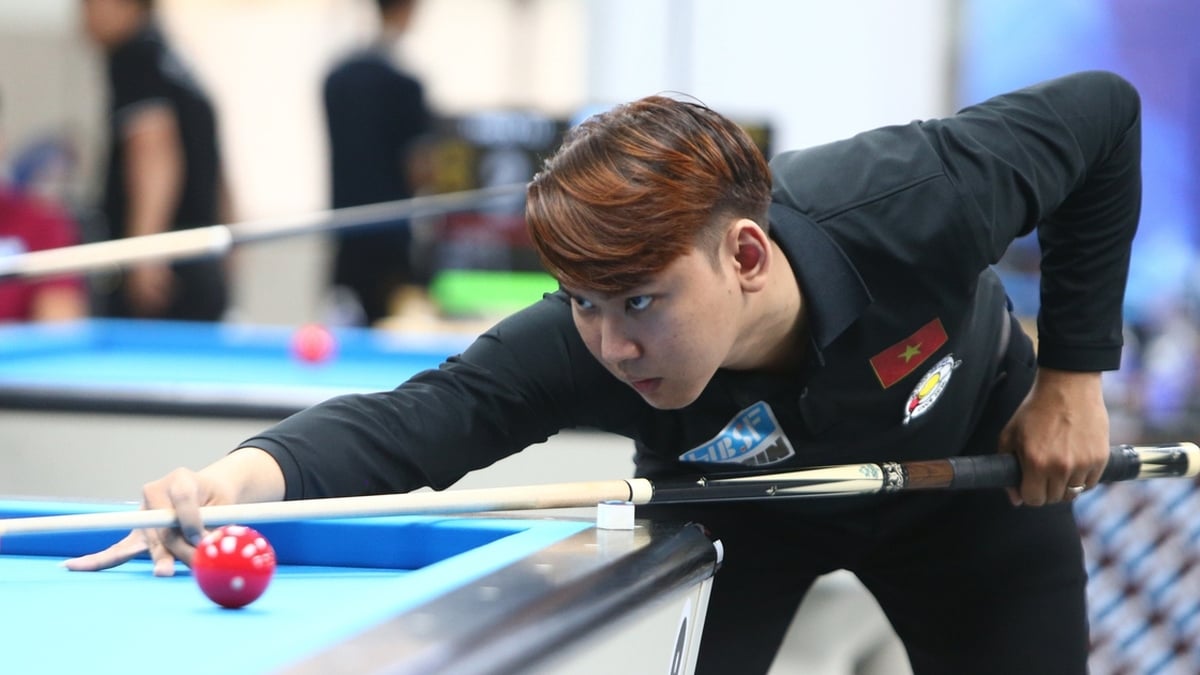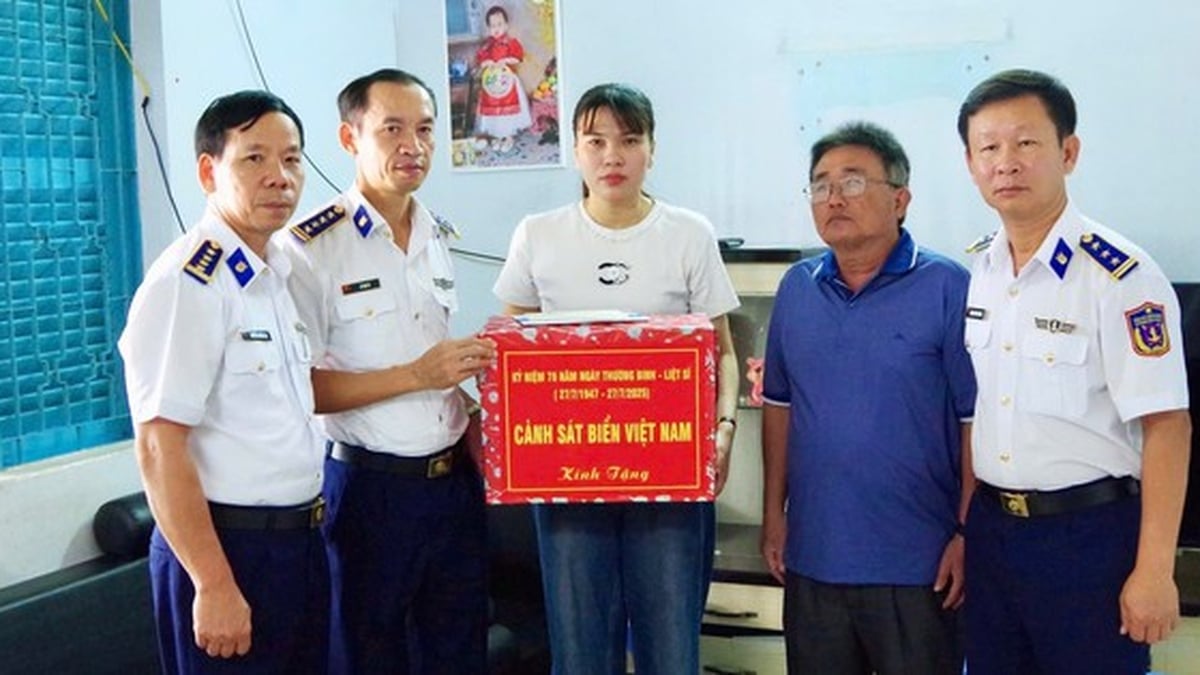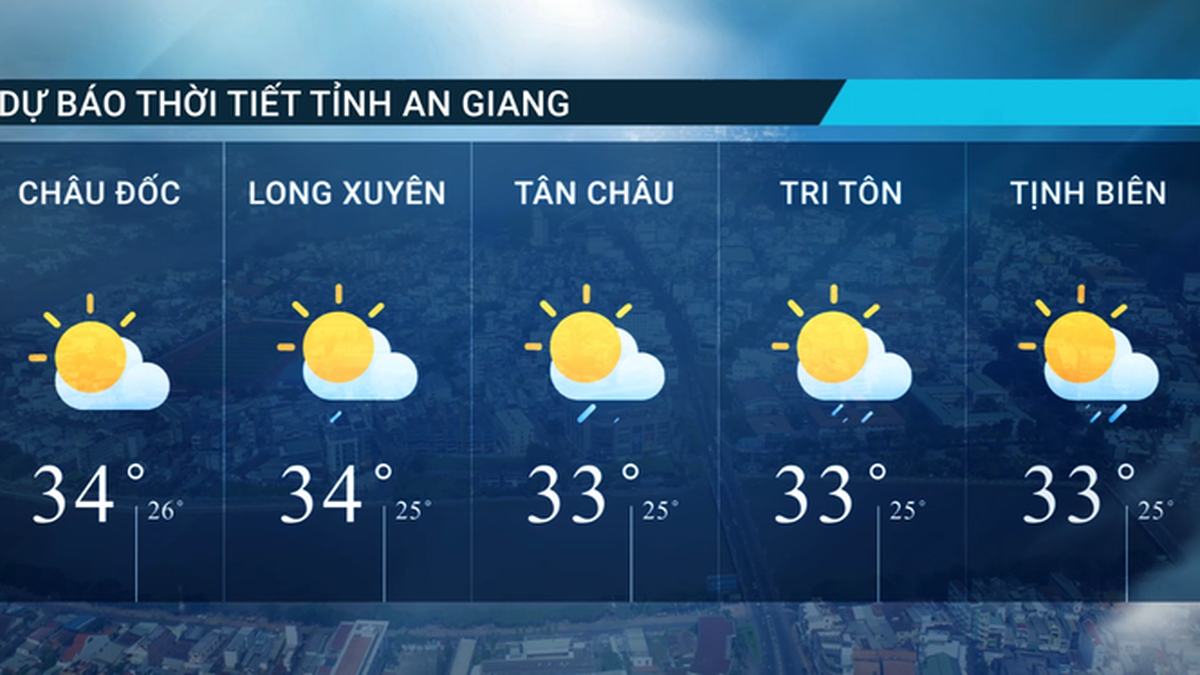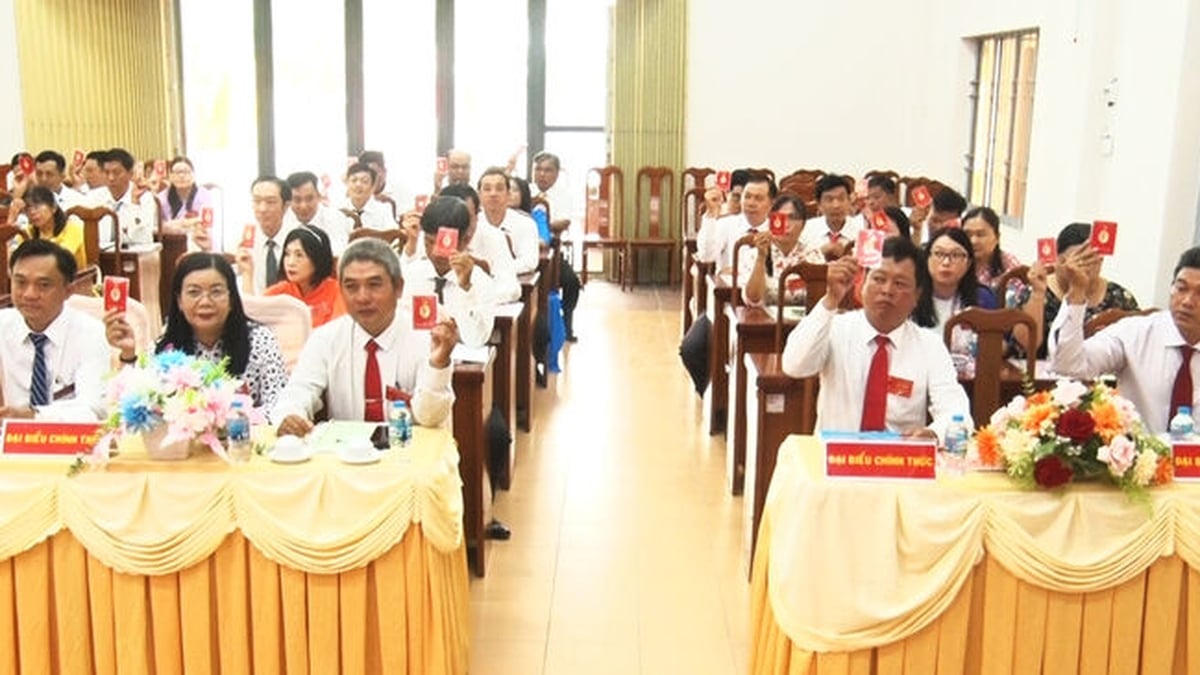During the Akutagawa Prize ceremony, the judging committee called the novel “nearly perfect.” However, in her acceptance speech, Rie Kudan revealed that part of the book was written by ChatGPT.

Author Rie Kudan, winner of the 170th Akutagawa Prize, and her winning work
“This is a novel written using a generative AI like ChatGPT, and probably about 5% of the text was written directly by the tool,” Kudan shared, according to The Japan Times .
The writer said that in her personal life, she often communicates with ChatGPT about issues that she feels she cannot discuss with others.
Talking about this combination, she said: “I want to collaborate with artificial intelligence to express my creativity, and when AI does not respond to what I expect, sometimes I will reflect my emotions through the main character's dialogue.”
Writer Keiichiro Hirano, a member of this year's Akutagawa Prize Committee, shared on social media X that he and the Selection Committee do not consider Kudan's use of AI to be a controversial issue.
“It seems that Rie Kudan’s award-winning work written with generative AI has been misunderstood… If you read it, you will see that the use of AI is mentioned inside the work, because the book mentions this tool. Certainly this direction will have problems in the future, but this book is not the case,” he said.
The Akutagawa Prize, which began in 1935, is Japan's top literary award, named after the famous Japanese short story master. It is awarded every six months to new writers. In recent years, the prize has diversified its winners.

Authors and works that won the Akutagawa Prize 2004, 2016, 2019 and 2020
In 2022, the shortlist was all female. Last year, Saou Ichikawa became the first writer with a severe physical disability to win. This year marks the first time that artificial intelligence has been credited with a writer’s victory.
After the award was announced, it created many mixed reactions. Accordingly, many people thought that the award was unfair, and that the female writer's work was no different from plagiarism.
One commenter said: “If works with 5% AI are accepted in this award, then from now on, when AI develops further, does that mean that a work created by each AI will also be accepted? In that case, it will no longer be a competition between humans but a battle between AIs. Is it okay that AI has been banned from recent chess and Go matches?”
“It seems like sales are everything now,” wrote another account. Another satirical comment that was widely shared was “Do we need the Akutagawa AI Award?”
Faced with this reaction, so far, publisher Shinchosha, author Rie Kudan, and the Akutagawa Prize Committee have not made any specific comments.
Kudan is not the first artist to stir up controversy with his use of AI, however. Last year, Berlin-based photographer Boris Eldagsen withdrew from the Sony World Photography Awards after revealing that his winning work in the creative category had been created using artificial intelligence.
Source link
































































































Comment (0)